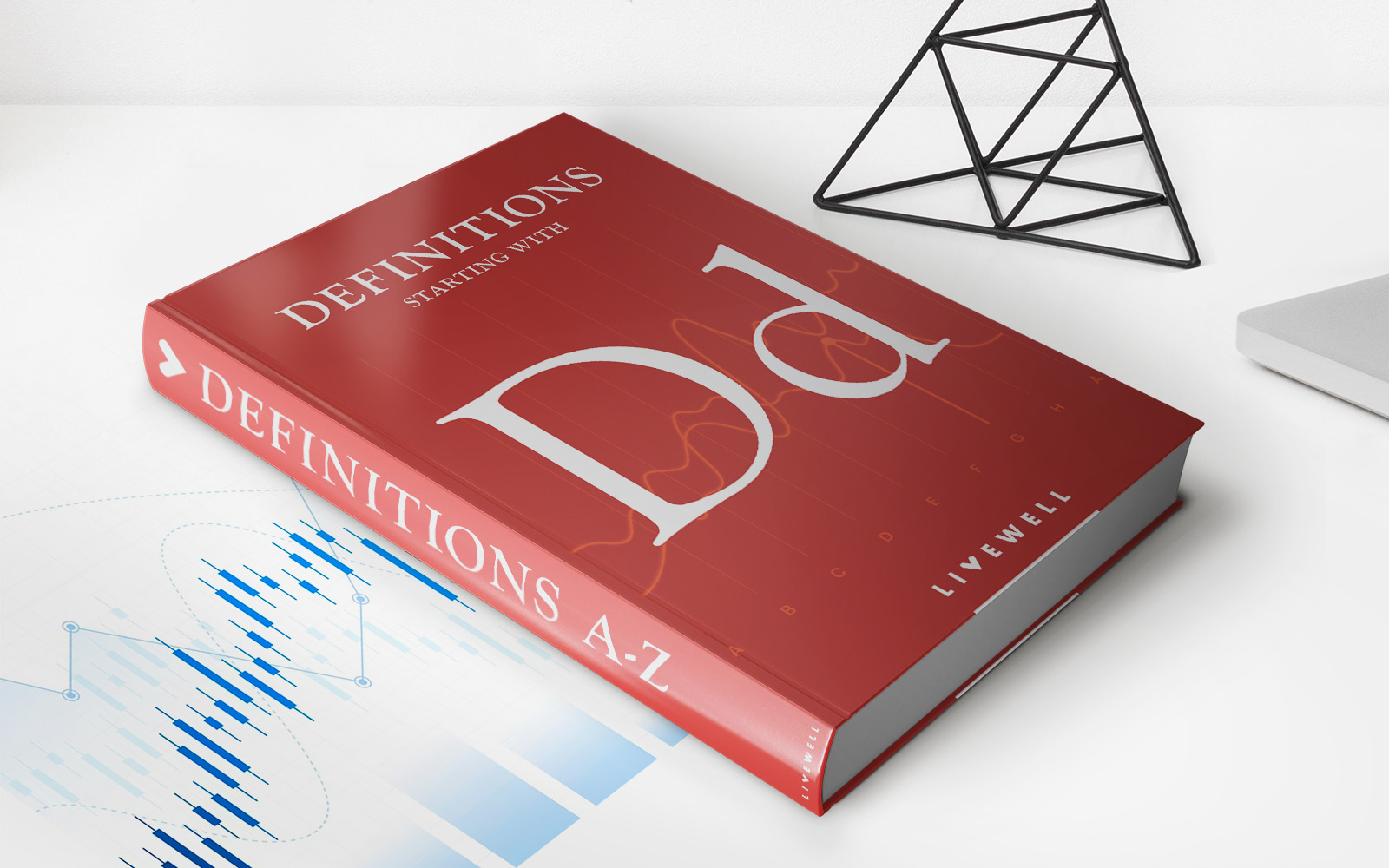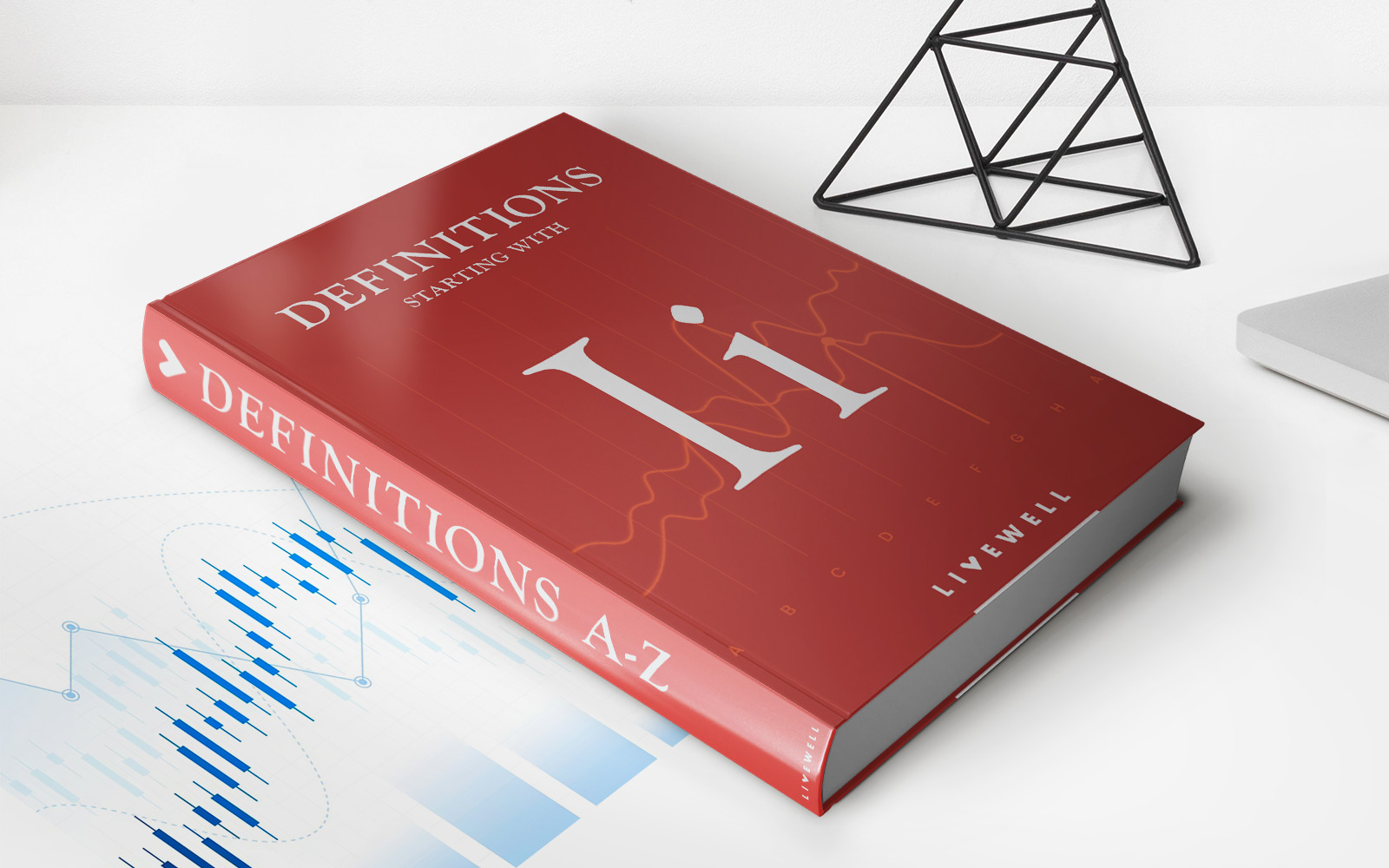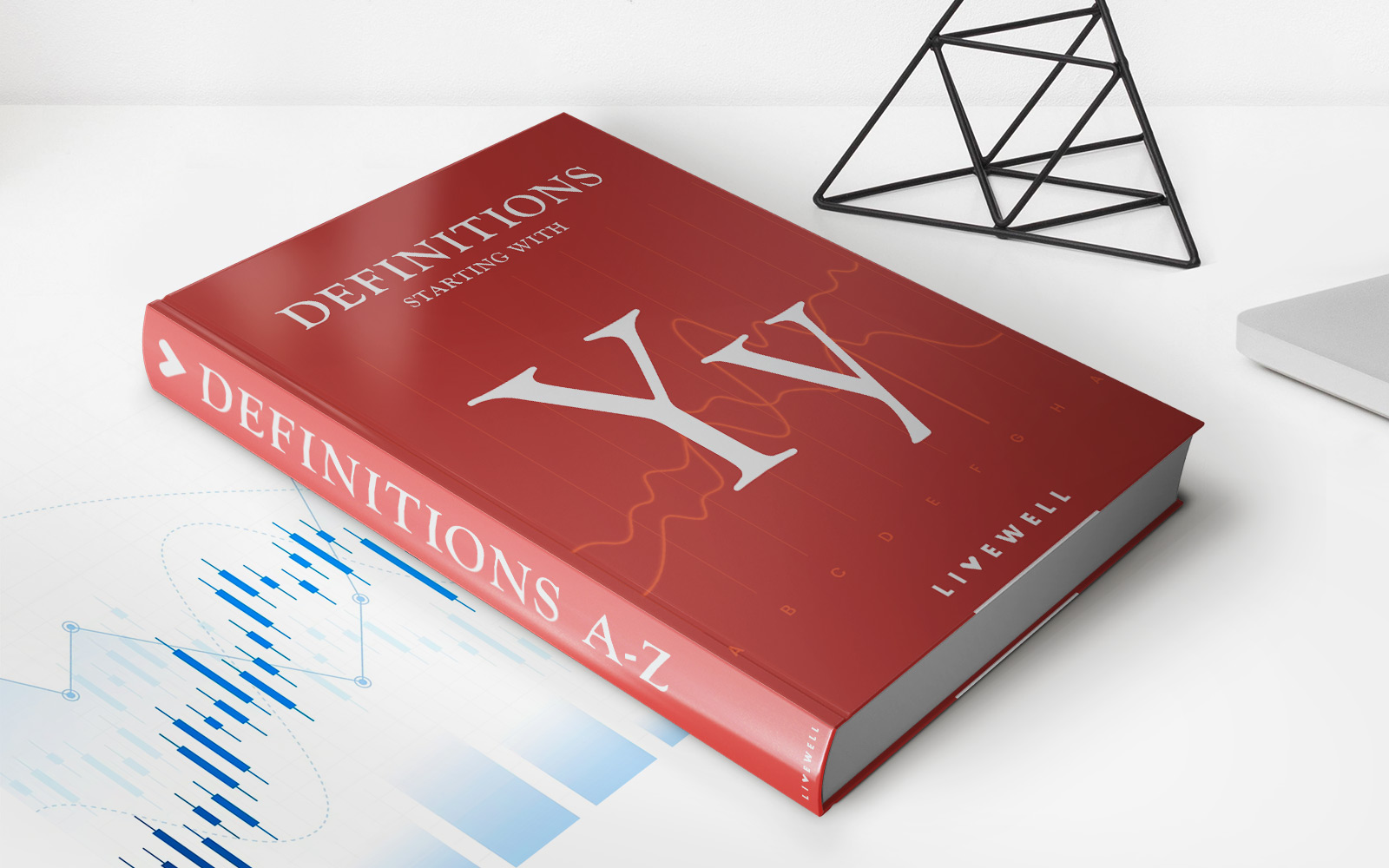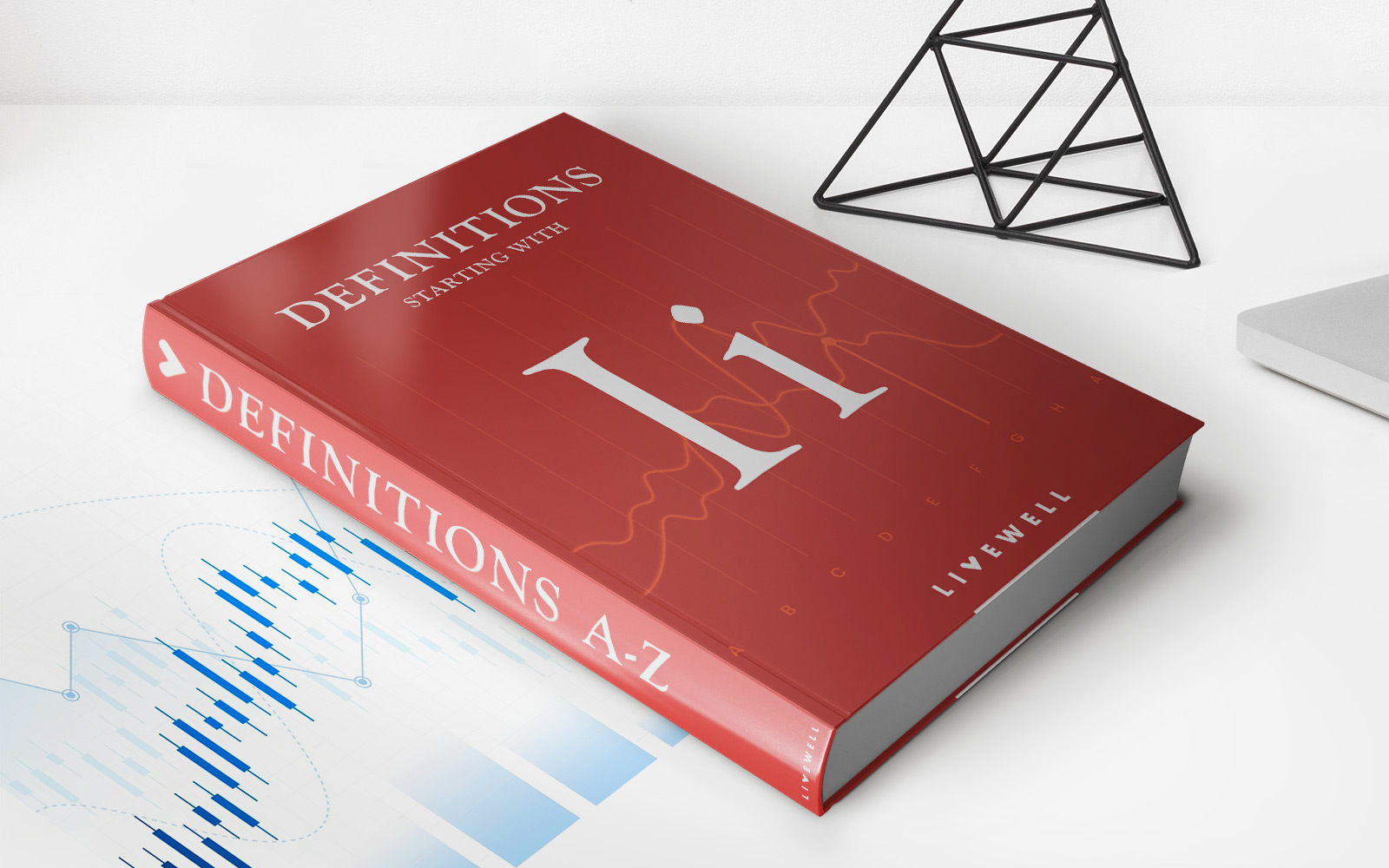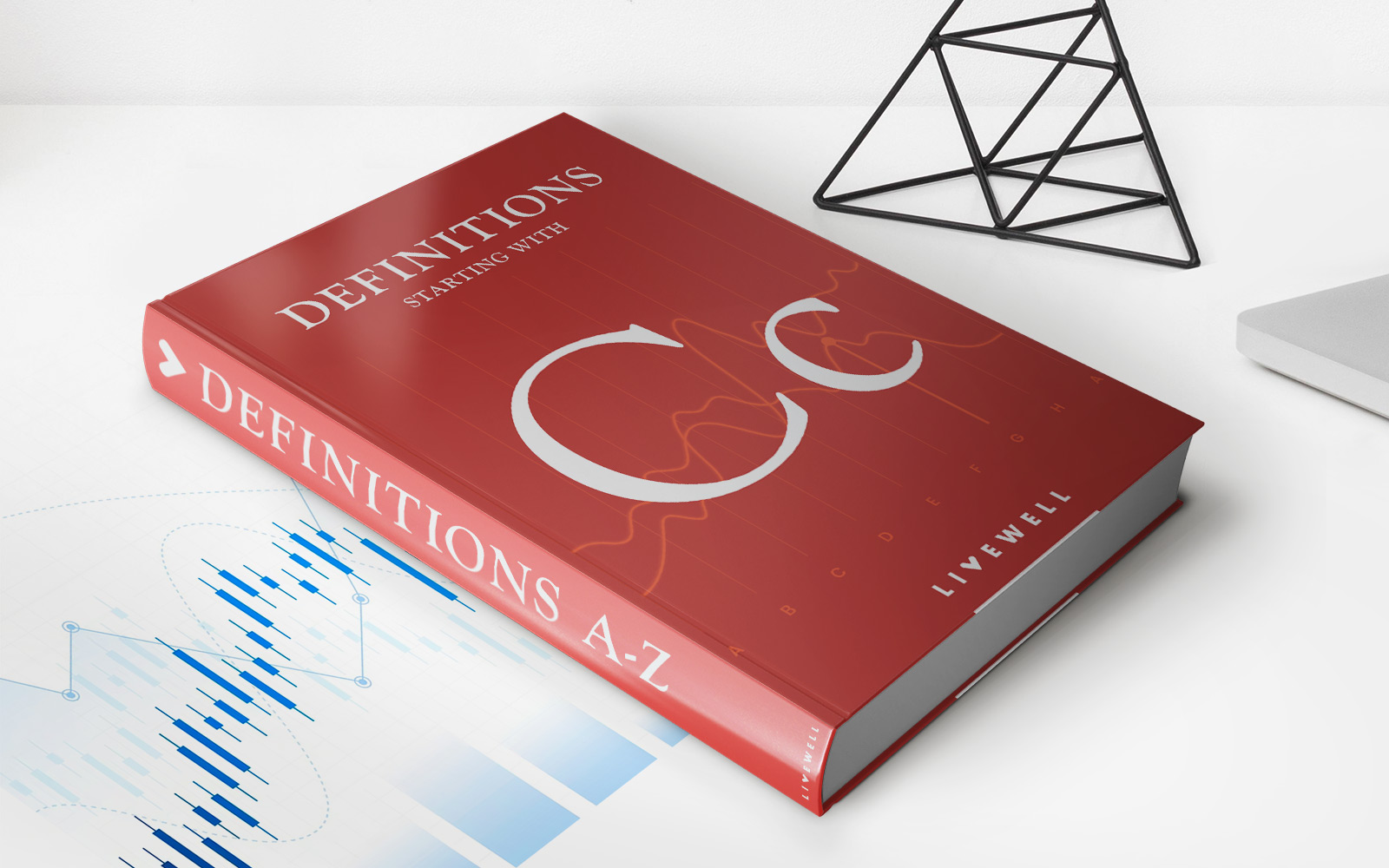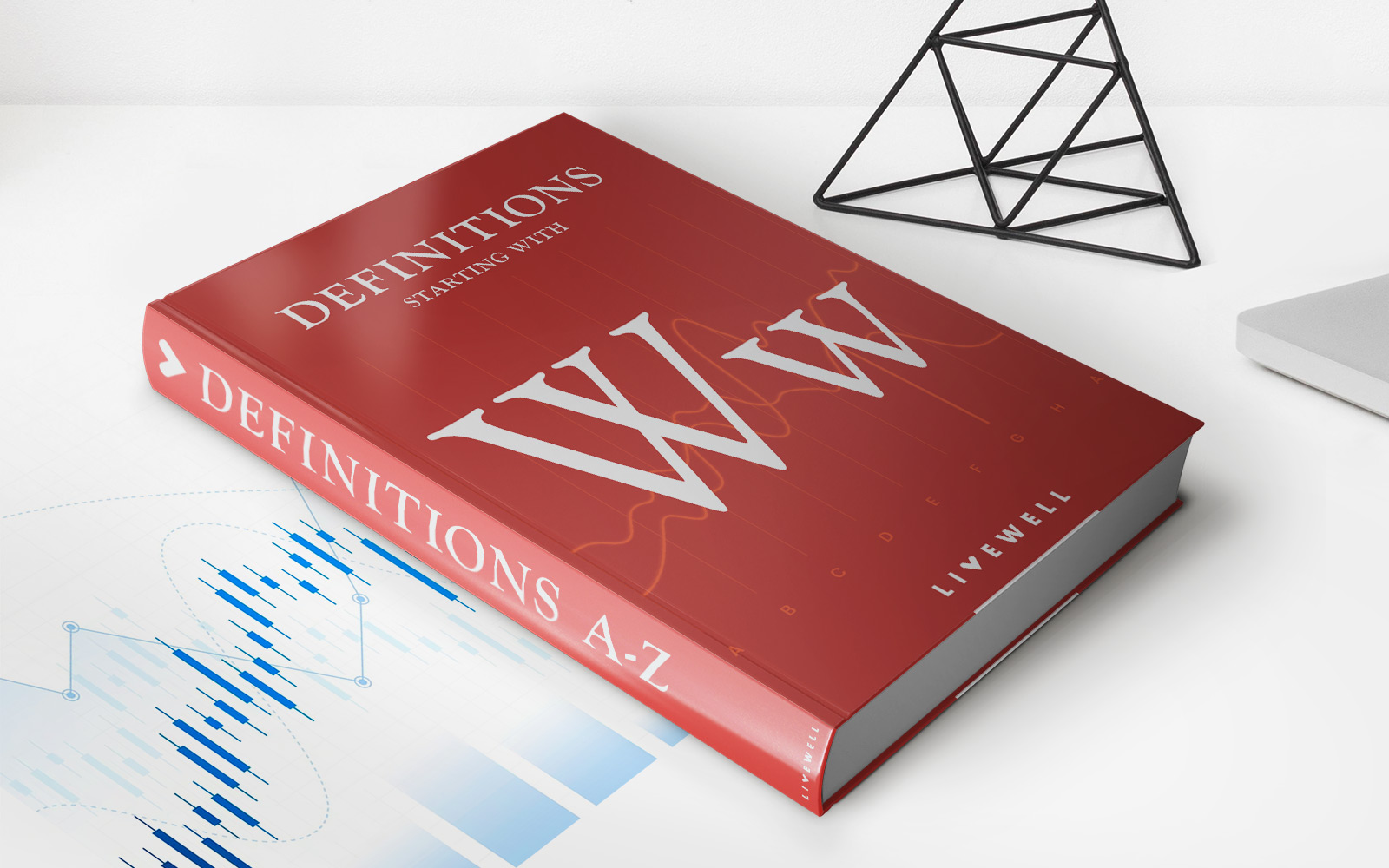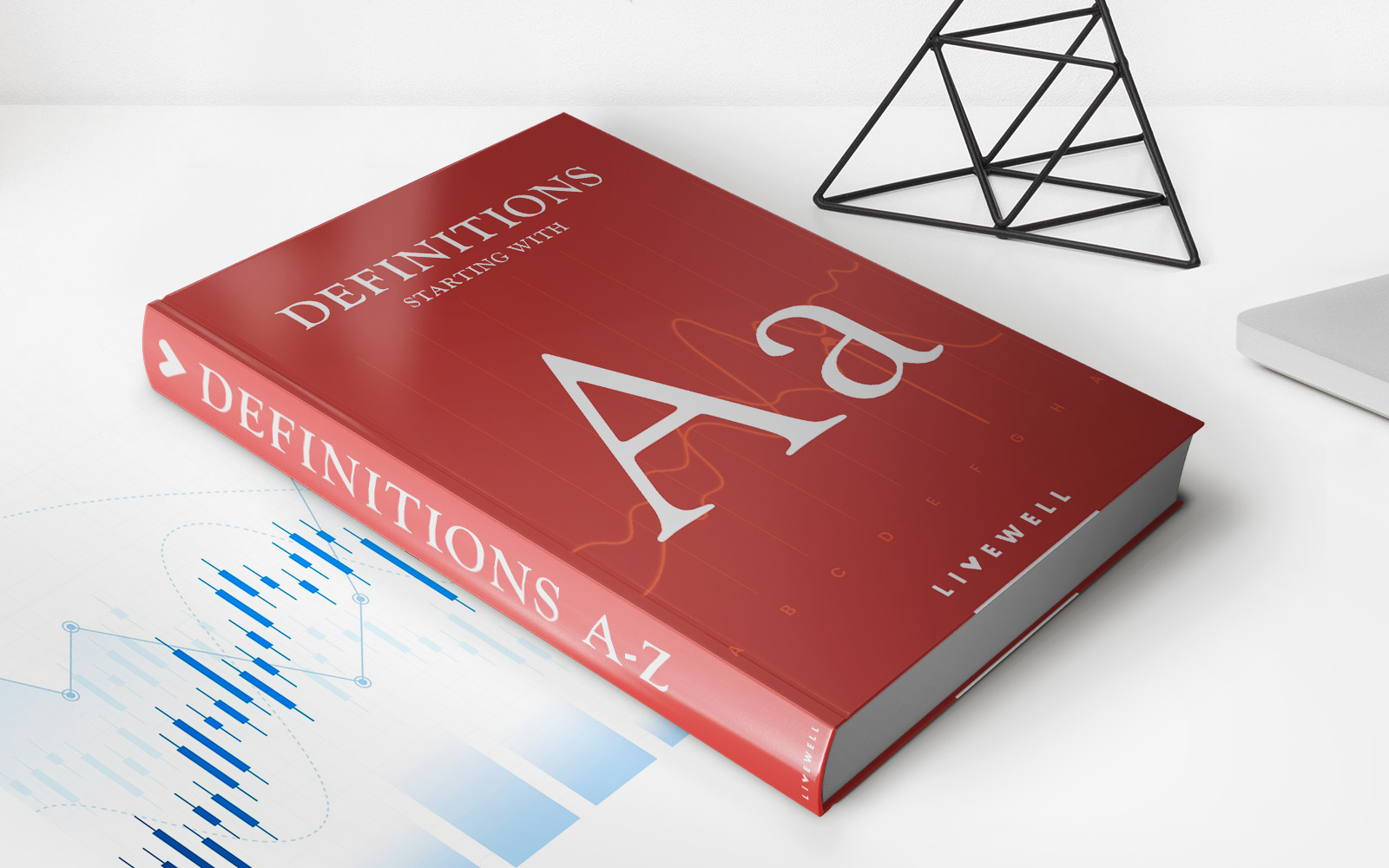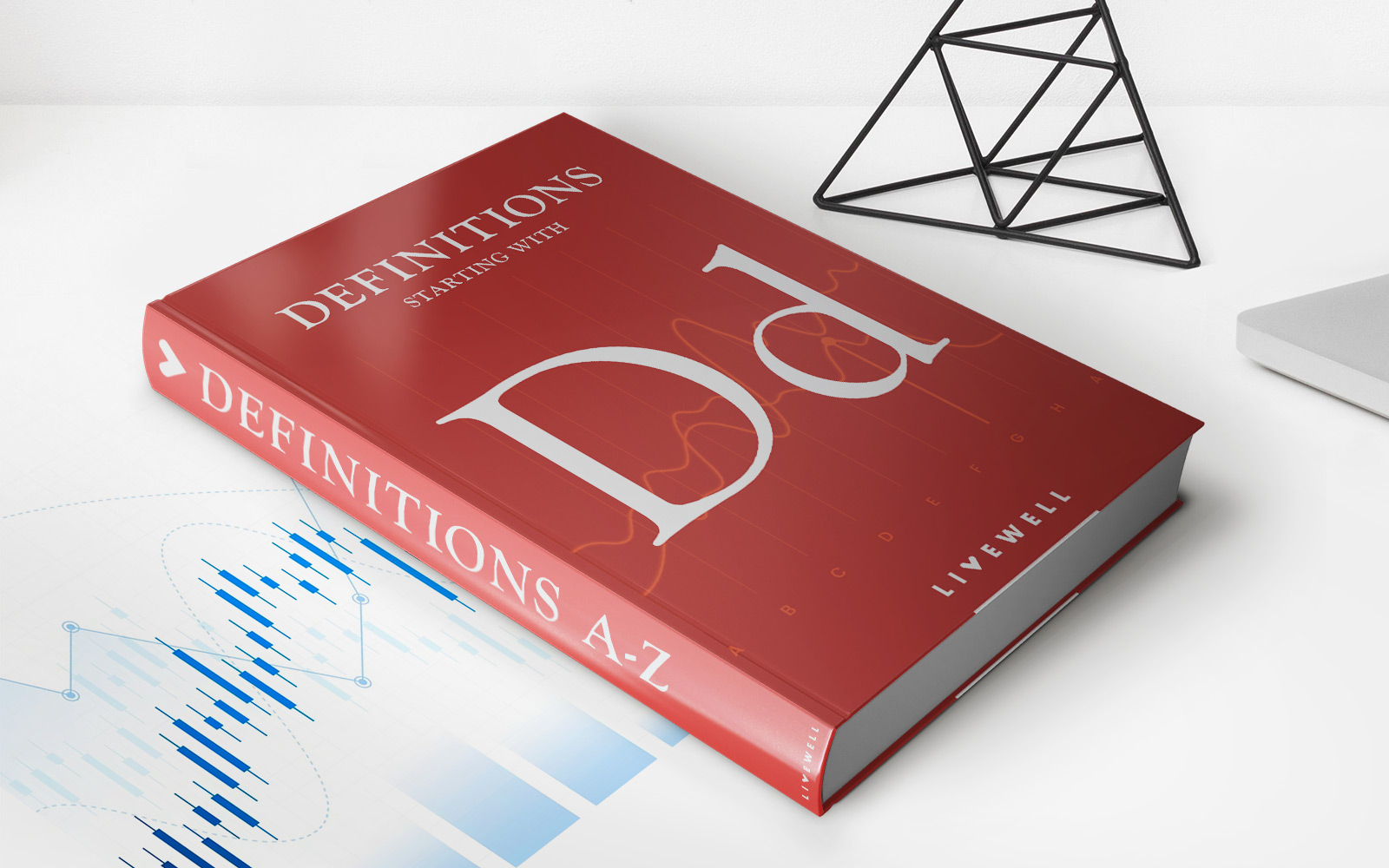

Finance
Impaired Insurer Definition
Published: December 7, 2023
Learn about the impaired insurer definition in the finance industry and how it impacts insurance companies and policyholders. Gain insight into the potential risks and consequences.
(Many of the links in this article redirect to a specific reviewed product. Your purchase of these products through affiliate links helps to generate commission for LiveWell, at no extra cost. Learn more)
Understanding the Impaired Insurer Definition: What You Need to Know
When it comes to navigating the complex world of finance, understanding the various terms and definitions is essential. One such term that often comes up in discussions is the impaired insurer definition. But what does it actually mean, and how does it impact the insurance industry? In this blog post, we’ll dive into the details of impaired insurers, their definition, and their significance in the financial landscape.
Key Takeaways:
- Impaired insurers are insurance companies that are deemed financially unstable and unable to meet their policyholders’ obligations.
- Insurance regulators closely monitor impaired insurers to protect policyholders and prevent further financial instability within the sector.
Now, let’s explore the impaired insurer definition more comprehensively. An impaired insurer is an insurance company that is considered financially unstable. This means that they are unable to fulfill their obligations to policyholders, such as paying out claims or providing the coverage promised in policies. In simpler terms, an impaired insurer is a company that may be on the brink of insolvency and lacks the necessary funds to continue operating smoothly.
Insurance regulators play a crucial role in identifying and monitoring impaired insurers. Regulators closely track the financial health of insurance companies to protect policyholders and maintain stability within the insurance industry. When an insurer is determined to be impaired, measures are taken to address the issue and prevent further disruptions.
So, how exactly is an insurer categorized as impaired? The exact criteria may vary between jurisdictions, but some common indicators include:
- Unsatisfactory financial performance, such as consistent losses or a decline in capital reserves.
- Failing to meet minimum solvency requirements, which are designed to ensure insurers have sufficient funds to pay claims.
- Poor risk management practices, including inadequate underwriting standards and ineffective claims handling procedures.
When an insurer is classified as impaired, various actions may be taken to rehabilitate or liquidate the company, depending on the severity of its financial condition. This can involve implementing stricter regulatory oversight, requiring the insurer to maintain higher levels of capital, or imposing limitations on new business ventures.
Ultimately, the impaired insurer definition serves as an important tool for regulators to ensure the stability of the insurance industry and protect policyholders. By identifying and addressing impaired insurers promptly, regulators can minimize the potential impact on policyholders and maintain public confidence in the sector.
To summarize, impaired insurers are financially unstable insurance companies that cannot fulfill their obligations to policyholders. Regulatory bodies closely monitor them, implementing measures to protect policyholders and maintain stability within the insurance industry. By understanding the impaired insurer definition, individuals can gain valuable insight into the intricacies of the finance world and make informed decisions when it comes to insurance providers.

